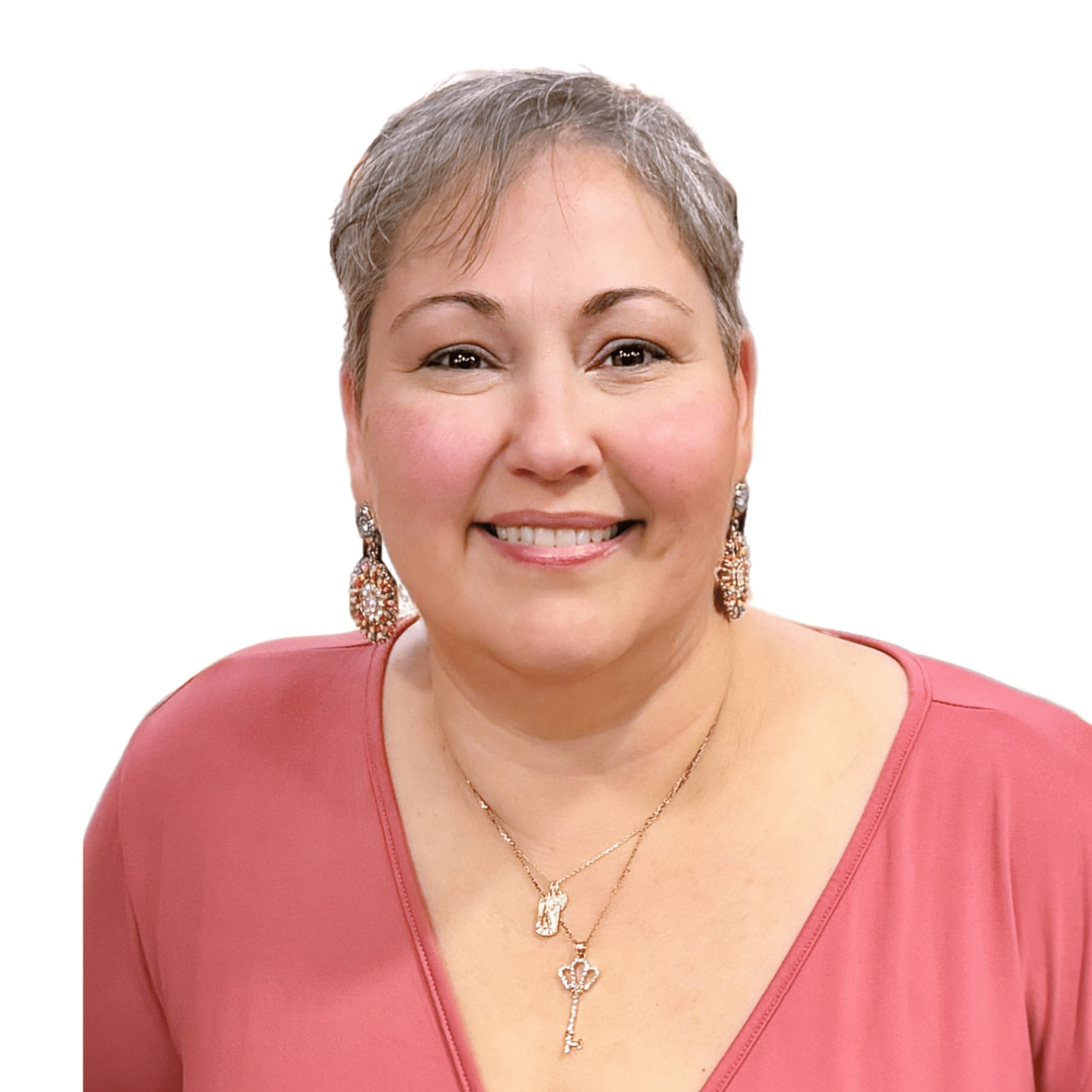How Can I let Go and Heal?
To learn more about this topic, please attend my complimentary intensive coaching session: Guilt and Shame Healing.
What is Shame?
Please check out my last post about guilt. Shame goes deeper than guilt. It's a painful feeling that convinces you to think that you are no good, or a terrible or worthless person. It's not just about your behavior or a mistake that you may have made; it's about who you think you are at your core. When you feel shame, you may believe that you are unlovable or shouldn’t exist. How heavy! It's like carrying a HUGE, overweight suitcase that has a parrot inside reminding you that you are not good enough, or else the trauma would not have happened to you. Unlike guilt, shame doesn't always motivate you to make things right, and it can make you want to hide away from others.
Guilt and shame are two powerful emotions that affect us deeply but in different ways. Guilt arises when you feel you have done something wrong, it often will lead you to want to fix what you did (if you made a mistake), like apologizing or making amends. Shame, however, digs into how you see yourself, making you feel unworthy or inadequate, not just because of something you did but because of who you are or who you believe you are. Shame keeps you stuck, affecting your self-worth and how you connect with others.
Letting Go Of Shame To Heal
Healing shame involves a deeper self-exploration. Healing also means recognizing that your worth is not defined by your mistakes or how others may judge you. It is vitally important to separate yourself from who you are from what you have done or what's been done to you. Self-compassion, empathy, and support from others is also crucial to your healing. Focus on building a positive sense of self, focus on your strengths, and connect with people who accept and love you unconditionally can help diminish the power of shame and foster a healthier, more compassionate view of yourself. You are worth this!
The Connection Between Shame & Trauma
When you go through a traumatic event, it can leave you feeling not just hurt and scared, but also deeply ashamed. This shame often comes from a sense of being flawed or wrong at a very personal level, as if the trauma has marked you in a way that makes you less than others. You may believe that you are to blame for what happened, or you may feel embarrassed about needing help or not being able to prevent the trauma. Many survivors struggle with this. You are not alone!
This feeling of shame can make it hard for you to reach out for the support you need because it feels like admitting your flaws and weaknesses. This is not the purpose of therapy. Therapy is a healing journey for reframing your experiences to make healing possible. Healing from trauma, it involves not just dealing with the memories and fear but also battling this sense of shame. It's about learning to see that the trauma does not define you, and that seeking help and opening up about your experiences are signs of strength, not weakness. With understanding, compassion, and support, you can start to remove this invisible stain of shame, and regain a sense of self-worth and move towards your recovery.
Complimentary Coaching Healing Intensive
12 April 2025, 12:00 PM - 1:00 PM EDT
Guilt and Shame Healing
The Benefits of Letting Go of Shame
There are many benefits of letting go of the shame you may have been carrying. Here are three for now:
Increased Self-Esteem
Overcoming shame can dramatically improve how you see yourself, leading to higher self-esteem and self-acceptance. Recognizing your intrinsic worth, independent of your actions or experiences, allows you to feel more confident and worthy of love and respect. Practicing affirmations/healthy self-talk are one way to improve your self-esteem.
Greater Resilience
Letting go of your feelings of shame can build your resilience, empowering you to bounce back from setbacks and challenges more effectively. Greater resilience enables you to view failures or mistakes as opportunities for growth rather than reflections of your character. Afterall, we all make mistakes. It just means you are human.
Deeper Connections
Shedding the burden of shame enhances your ability to form genuine, meaningful connections with others. When you don’t have the worry, or fear of judgment or rejection, you're more likely to be open, vulnerable, and authentic in your relationships, fostering a sense of belonging and support. This is crucial as you are meant to be in relationship or community with others.
Therapy and support groups can be powerful tools in overcoming feelings of guilt and shame. Here are some of the key benefits of supportive communities and therapy:Safe Spaces for Self-Expression
Therapy and support groups provide confidential and non-judgmental environments where you can openly discuss your feelings of guilt and shame. Safe spaces encourages honest self-reflection and expression of emotions that might be difficult to share elsewhere.
Understanding Root Causes
A therapist can help uncover the underlying reasons for guilt and shame, whether they stem from past experiences, personal beliefs, or societal pressures. Understanding these root causes is crucial for addressing and healing these complex emotions. Journaling and meditation can also help you to discover your underlying issues to reflect upon.
Cognitive Behavioral Techniques
Therapists often use cognitive-behavioral techniques to empower their clients to identify and challenge negative thought patterns associated with guilt and shame. By questioning and analyzing your thoughts and replacing them with more balanced or healthy beliefs, you can reduce the intensity of these feelings. Check out my cognitive behavior therapy (CBT) courses here: https://www.healthrivedream.com/cbt-classes
Developing Healthy Coping Skills
Therapy and support groups can equip you with practical and healthy coping strategies to manage feelings of guilt and shame. These skills might include mindfulness practices, self-compassion exercises, inner child work, and other strategies for making amends or forgiving yourself.
Enhancing Self-Compassion
Support groups and therapy also encourage the development and practice of self-compassion. Self-compassion is essential in healing from guilt and shame. Learning to treat yourself with kindness, understanding, and forgiveness can significantly diminish these painful emotions. One of the examples I like to provide my clients is to talk to yourself like you would talk to your best friend.
Building Resilience and Personal Growth
Through therapeutic work, you can build resilience against future feelings of guilt and shame. Therapy supports personal growth and will empower you to learn from your experiences and move forward with a stronger, more positive sense of self. I love building my self-improvement skills and often use books and workbooks as resources.
What is your favorite tip from these suggestions on how to let go of shame? Please leave your comments below. If you are inclined, please share if therapy or support groups have empowered you to navigate the complex emotions of guilt and shame. Has having a supportive space for exploration, aided in your understanding of the roots of your feelings? Did you learn healthier coping skills, and practice self-compassion?
Please remember that shame is a natural response to traumatic experiences, not a reflection of your true worth or character. It's about understanding that the trauma happened to you, but it doesn't define you. Through supportive conversations with therapists, trusted friends, or support groups, you can start to challenge and change the negative beliefs you hold about yourself. Gradually, you will learn to replace feelings of shame with compassion and acceptance. Your healing journey allows you to rebuild your self-esteem and embrace your growing resilience, which opens the door to a life where you can live more freely and authentically, beyond the shadow of shame.


